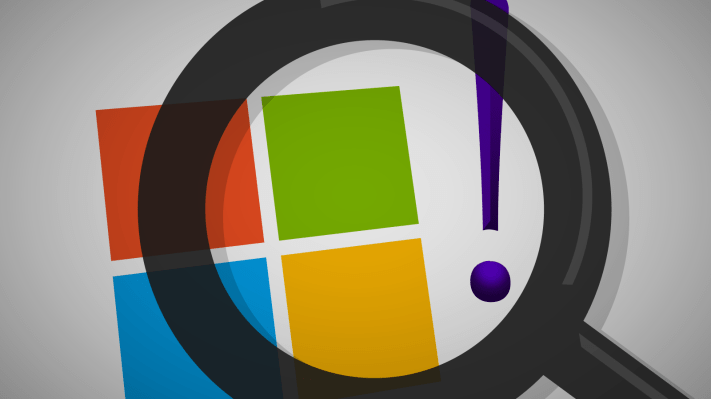After months of negotiations, Microsoft and Yahoo today finally announced a renewed search alliance, which includes amendments to the two companies’ earlier partnership. It will give Yahoo more flexibility in terms of how it’s able to monetize its search traffic and includes changes to the two companies’ ads salesforces. Yahoo will continue to serve Bing ads and search results for a majority of its desktop search traffic as part of the deal, leaving the door open for how mobile ads and mobile search will develop for both.
The new search alliance was negotiated by Microsoft’s CEO Satya Nadella and Yahoo’s CEO Marissa Mayer — neither of whom were leading the companies when the original deal was negotiated in 2009. Under the older, decade-long agreement, Microsoft provided paid and algorithmic search services on computers and paid Yahoo a percentage — 88% — of Bing Ads’ revenue for Yahoo’s searches. “This existing underlying economic structure remains unchanged with today’s updates,” Yahoo notes.
There were questions over whether the agreement would remain as it was originally written when Mayer began to publicly state that the arrangement was underperforming.
While the percentages for services rendered remain intact, the new agreement includes two notable changes.
First, Yahoo says it will now be able to enhance the search experience on any platform, because the partnership is non-exclusive for both desktop and mobile. Though it’s serving Bing ads for the majority of its traffic, that leaves room for it to monetize in new ways for the remaining percentage — perhaps including other search partnerships or its own ad units, for example, or new ad units that play on its growing interest in ad tech.
The other major change is that Microsoft will now become the exclusive salesforce for ads delivered by Microsoft’s Bing Ads platform, while Yahoo will do the same for its Gemini ads platform. Before, Yahoo handled the sales for Bing search ads as well as its own.
That will likely mean that Yahoo is cutting its ads salesforce while Microsoft will have to grow its team. Both Microsoft and Yahoo will also integrate the sales teams with the engineering teams as part of the deal, which Yahoo says will “allow both companies to service advertisers more effectively.” The subtext here, too, will be that the two will also be able to develop platforms that are more unique from each other, specifically tapping into the rise of programmatic advertising and rich media ads.
These transitions to advertiser sales responsibilities will take place this summer, Yahoo noted in its statement.
“We firmly believe that search is still in its infancy – and this partnership marks the next chapter in our exploration of how to make search truly great,” noted Yahoo CEO Marissa Mayer. “I want to thank Satya Nadella and his team for working closely with us over the past few months to rejuvenate our partnership. Search has, and will continue to be, an incredibly important part of Yahoo, and this new partnership represents a major step forward in our renaissance.”
The changes come at a time that both companies continue to be niche players in search ads compared to the likes of Google. According to eMarketer, together Microsoft and Yahooo will own 6.5% of the $81.59 billion search market globally in 2015. Bing’s share was 4.2% in 2014, and eMarketer says it expects Microsoft to maintain that same level in 2015.
Yahoo will take 2.3% share of the search market in 2015, down from 2.5% in 2014.
Google is “by far the leader in search,” with eMarketer predicting it to have a 54.5% share of the total global search market in 2015, with Baidu in second but at a large distance behind at 8.8%.
At the same time, both companies have been developing strong, but different, focuses on mobile. For Microsoft, the company has been building out its apps to work across different native platforms to tap into Android and iOS popularity, while also continuing to plug away at its own still-small platform and device businesses. Meanwhile, Yahoo has been honing its focus on how it can grow traffic on its own mobile properties while also building out tools for developers to extend Yahoo’s reach into other apps — one way of growing its ad business and sidestepping the race for critical mass on desktop search.
